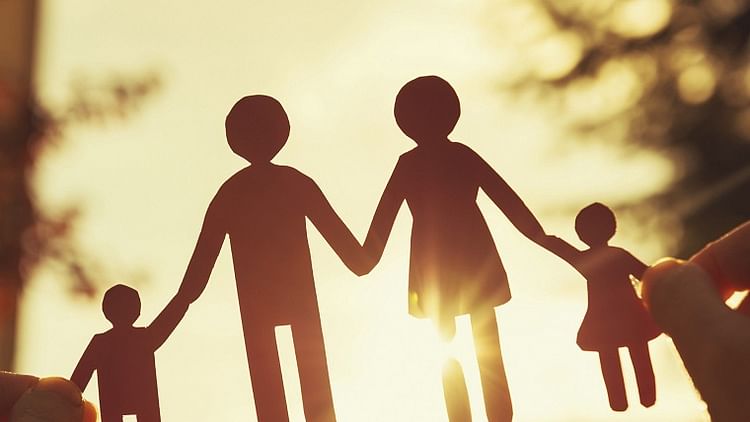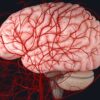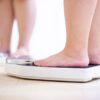Upon the release of a study in the journal PLOS One, a group of Polish researchers uncovered that as much as 13 percent of parental figures between the ages of 18 and 40 regret having children, resulting in psychological distress.
“In the present article, two studies based on large, national samples, one of which was a representative sample of young Poles, are presented,” according to the journal report.
“The results obtained show that the percentage of parents who regret parenthood is higher in Poland than in the US or Germany, and that parents who regret having children are characterized by a higher level of adverse childhood experiences, have poorer psychological and somatic health, are more vulnerable to social evaluation, and experience strong parental identity crisis and parental burnout.”
The study showed that regretting the transition to parenthood was mainly attributed to financial troubles and marital status, along with having children with neurodevelopmental or other conditions.
“The results indicate that regretting becoming a parent is an important social and psychological issue that should become an object of interest for researchers from various disciplines and for social policy authorities,” the journal report concluded.
The study was authored by Konrad Piotrowski.


